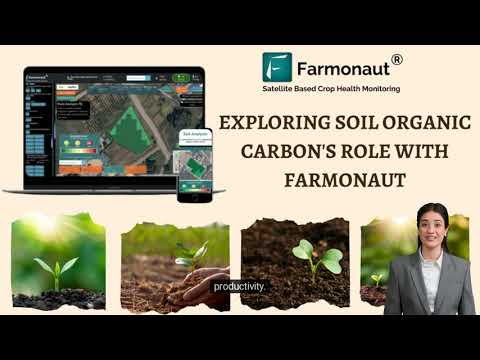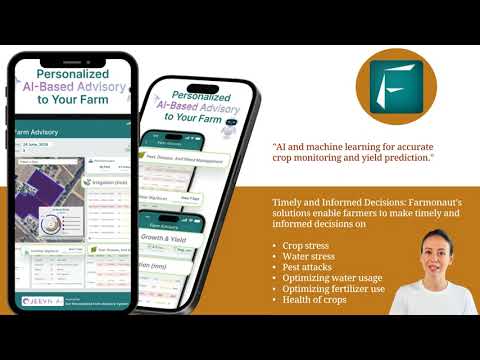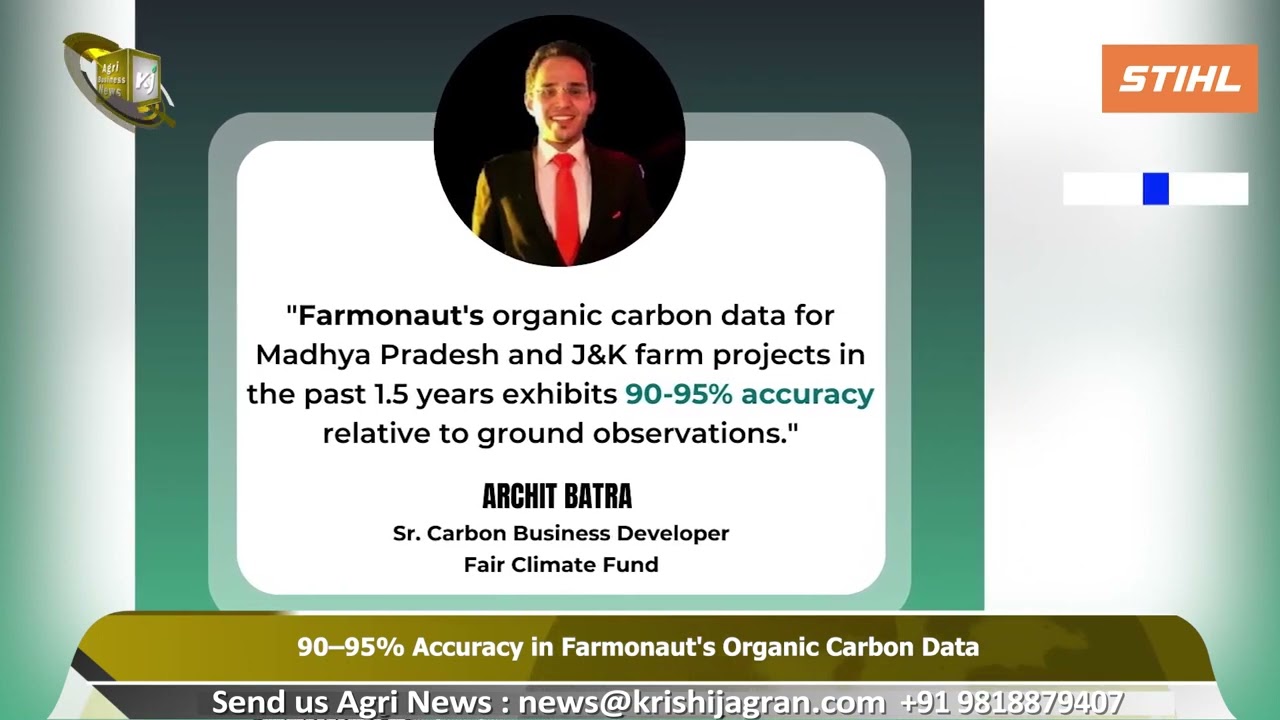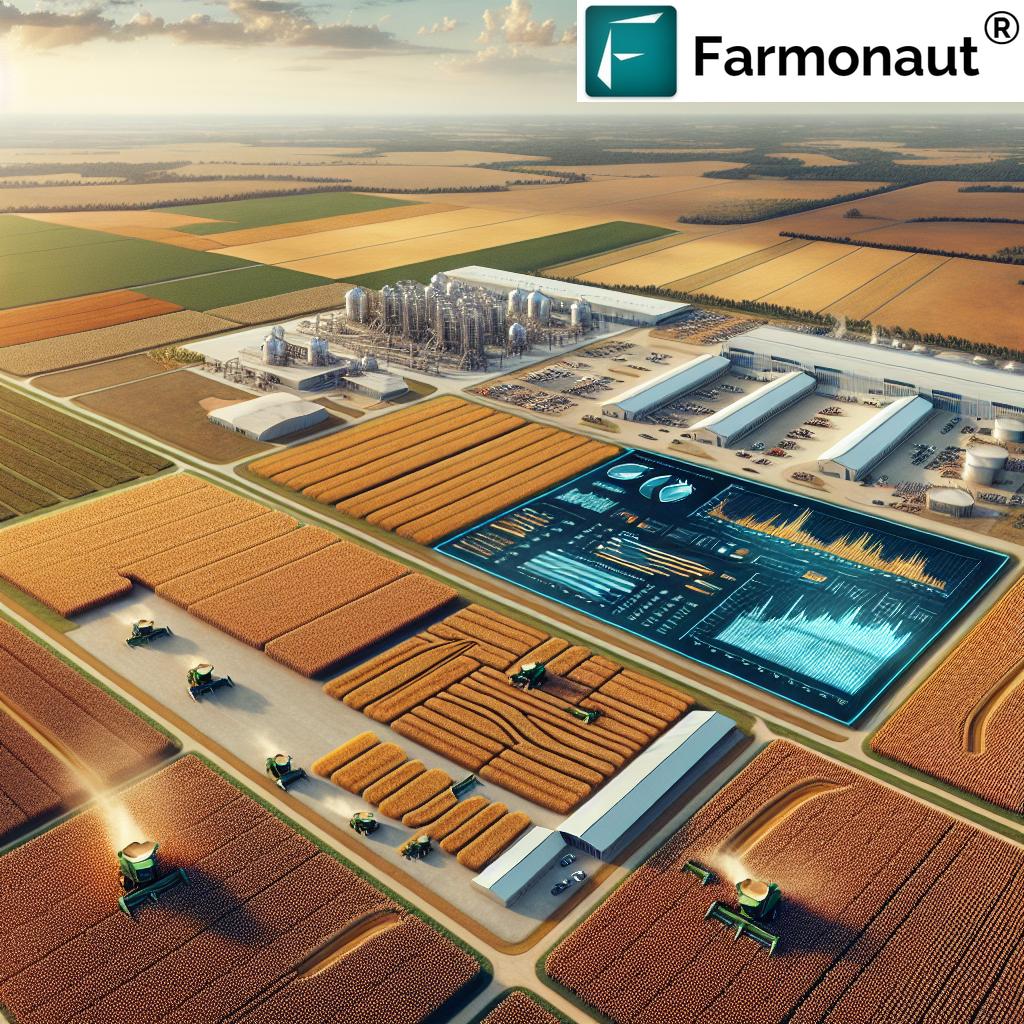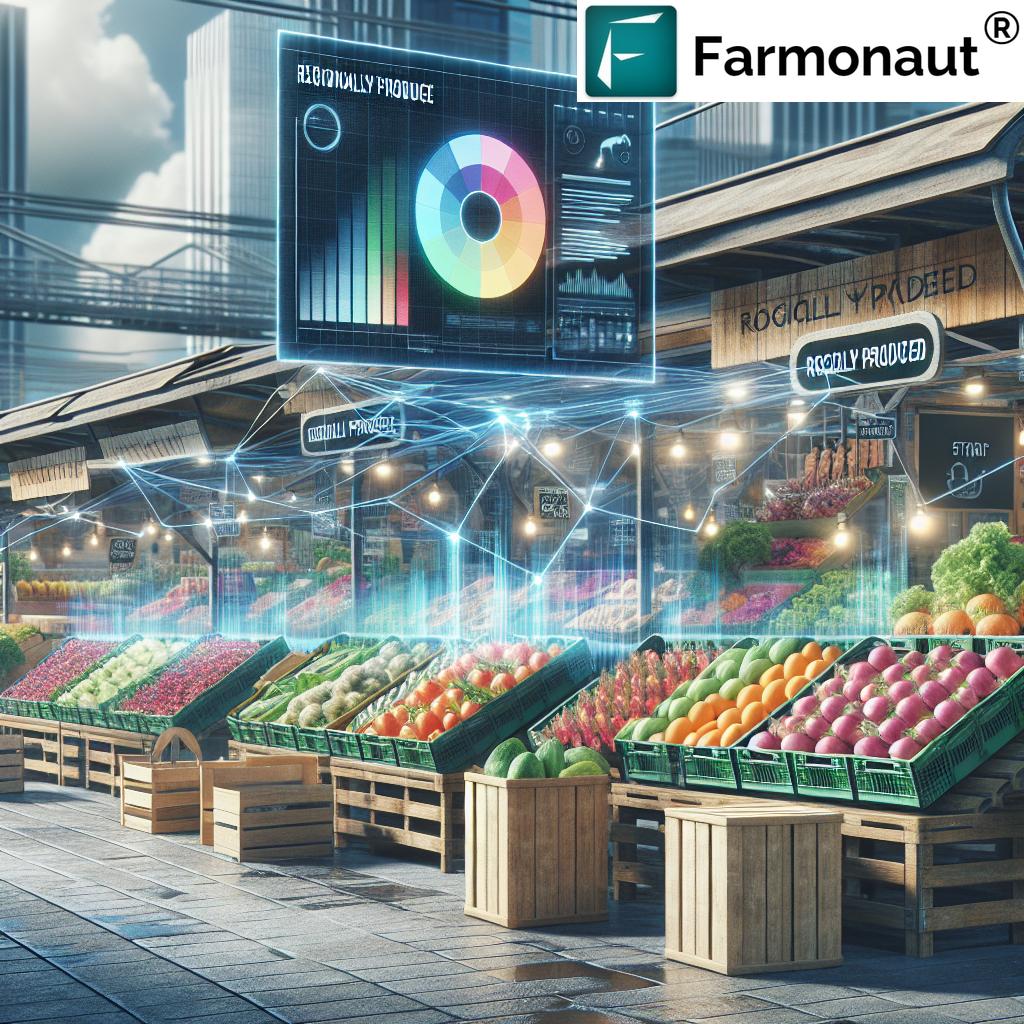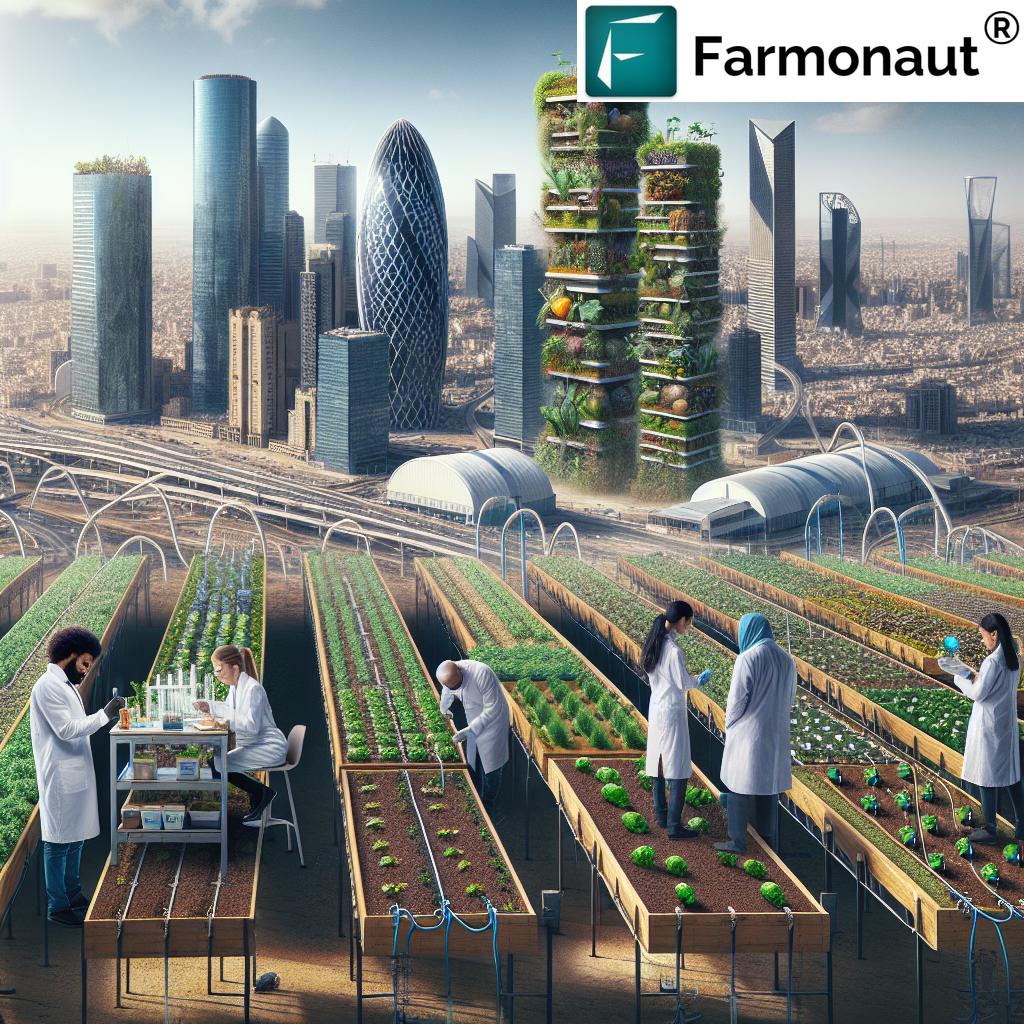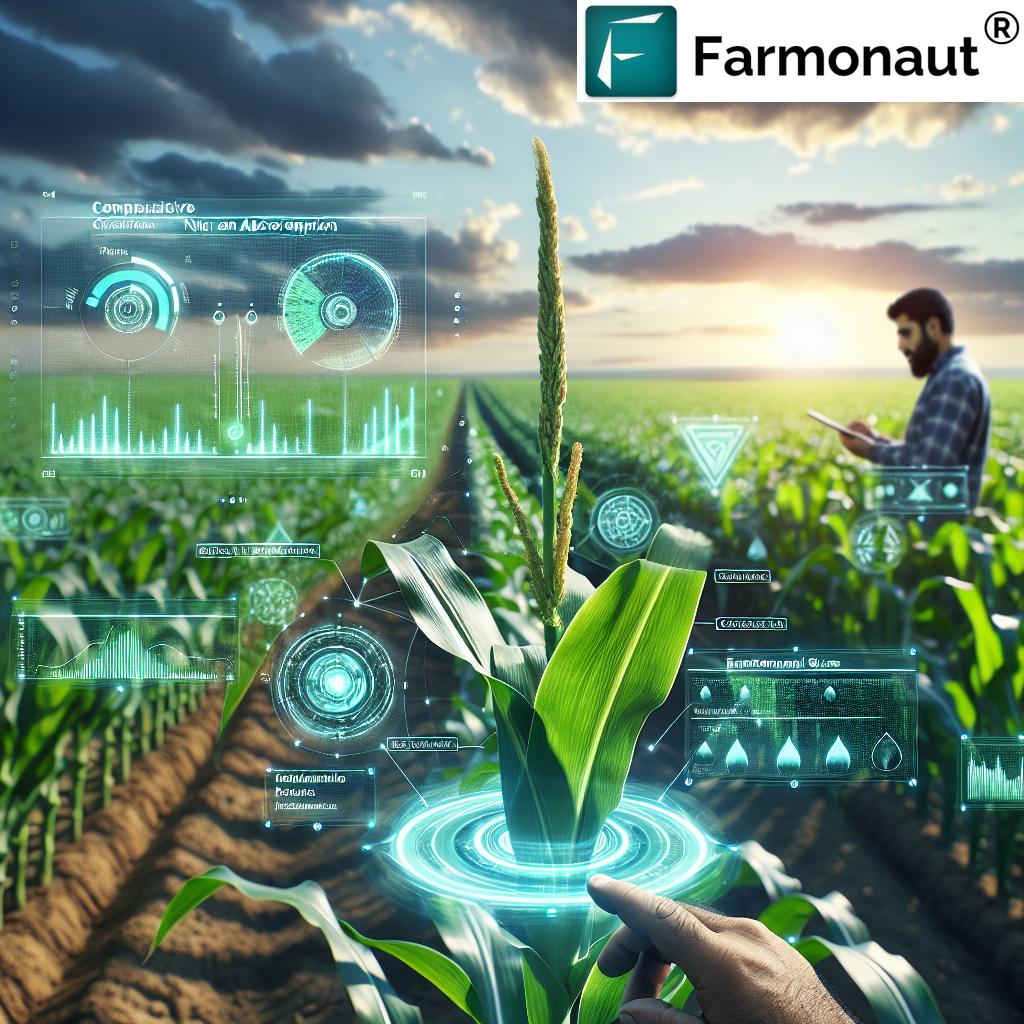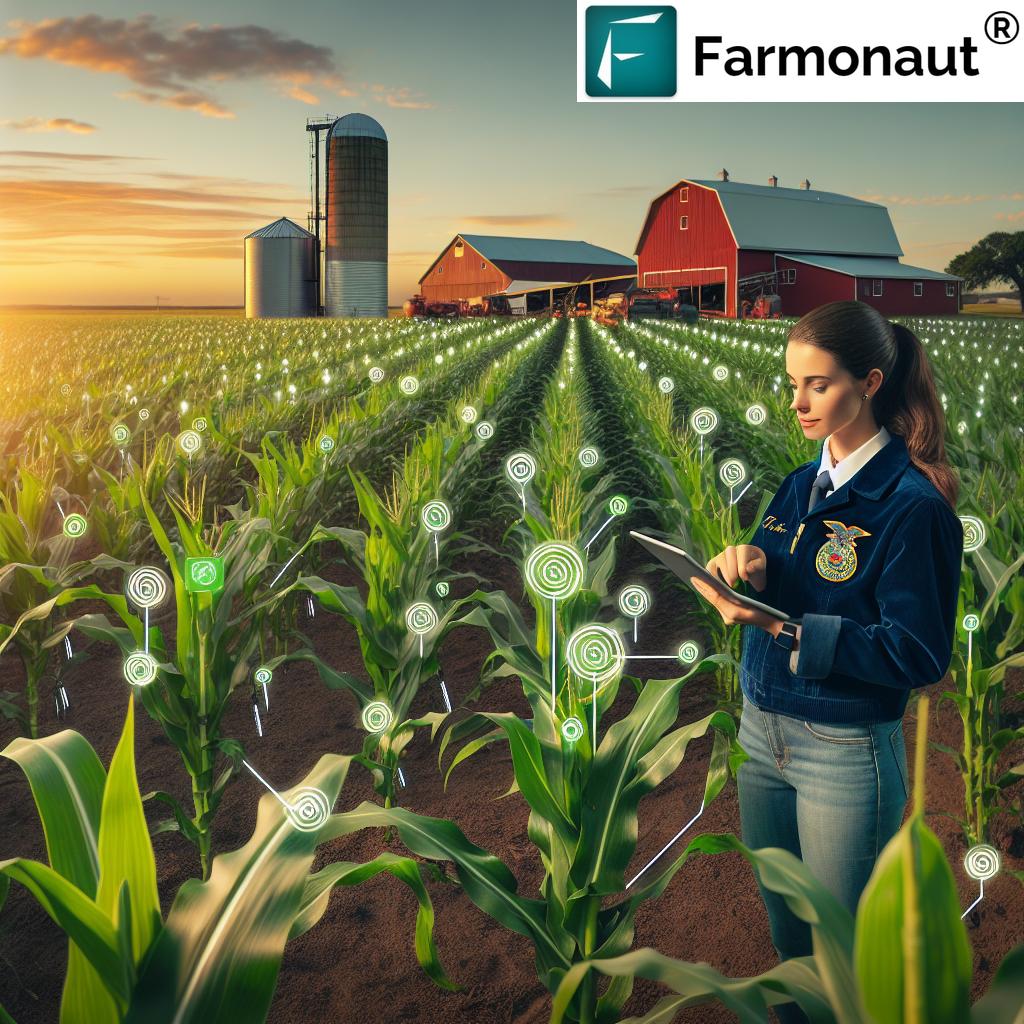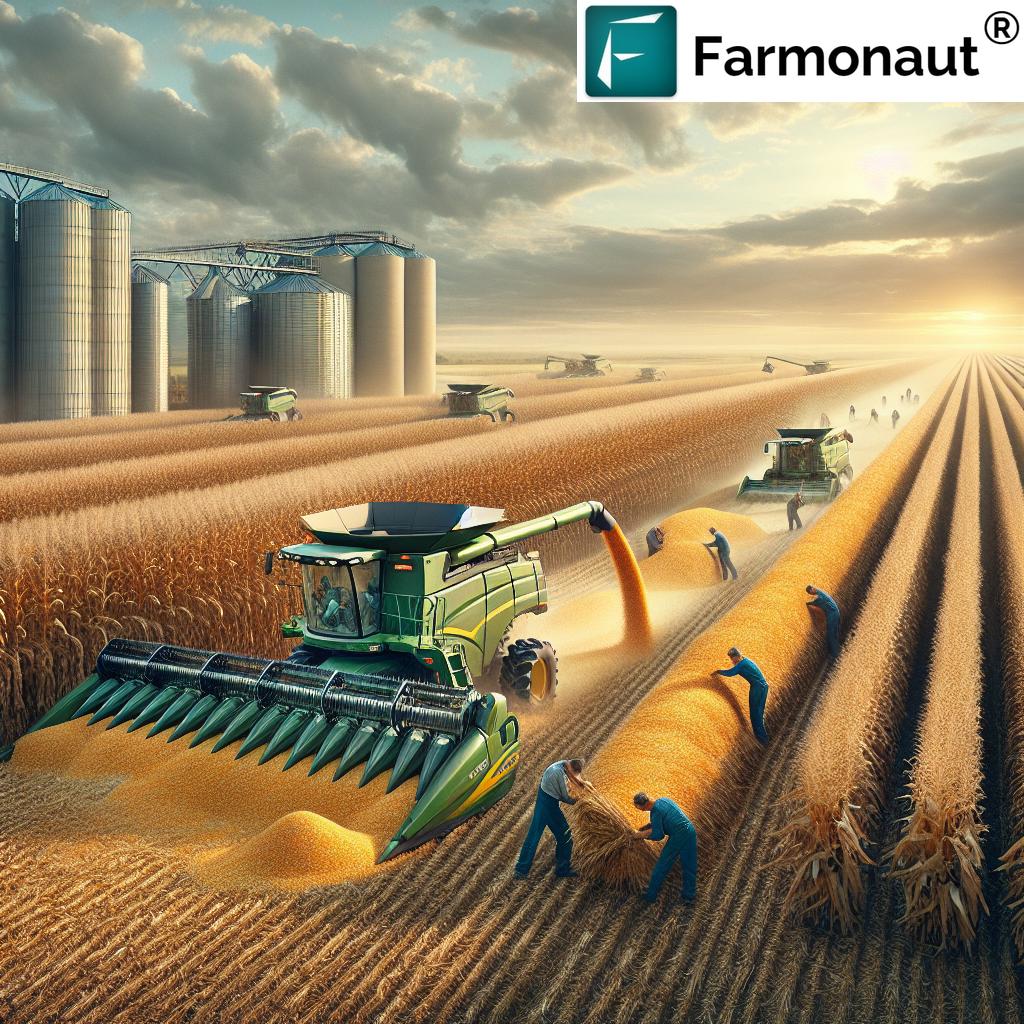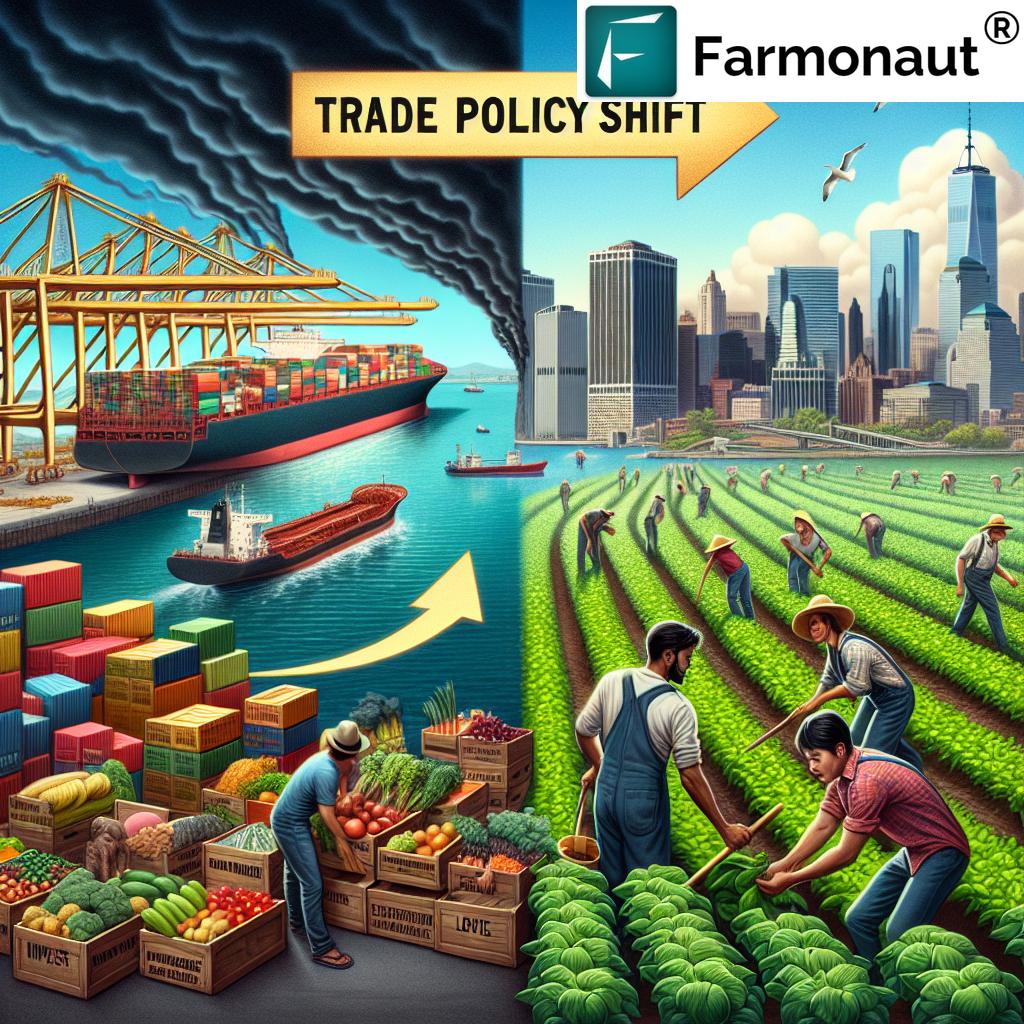Oregon’s Organic Wine Revolution: Sustainable Viticulture Reshaping the Industry
“Oregon’s organic wine acreage has grown by over 50% in the last decade, now representing 10% of the state’s vineyards.”
Welcome to the heart of Oregon’s wine country, where a revolution is quietly brewing among the rolling hills and lush vineyards. We’re witnessing a remarkable shift in the industry as more and more growers return to their roots, embracing organic wine production and sustainable practices that harken back to the early days of the Oregon wine industry. This renaissance in organic viticulture is not just a passing trend; it’s a fundamental reimagining of how we cultivate grapes and craft exceptional wines.
In this comprehensive exploration, we’ll delve into the world of organic grape growing and winemaking in Oregon, uncovering the challenges, rewards, and transformative power of these eco-friendly methods. From the smallest family-run vineyards to expansive operations, we’ll examine how organic farming techniques are reshaping the landscape of Oregon’s beloved wine regions.
The Roots of Oregon’s Organic Wine Movement
To understand the current organic wine revolution in Oregon, we must first look back to the industry’s humble beginnings. In the late 1960s, when pioneers like David Lett and the Ponzi family planted their first vines, the concept of organic farming was still in its infancy. There were no established organic standards or certification processes, yet these visionary vintners instinctively gravitated towards natural methods.
Louisa Ponzi of Ponzi Vineyards in Sherwood, Oregon, reflects on those early days: “There was a movement about organic gardening. And a lot of what we did in viticulture grew out of this kind of passion for organic gardening and kind of extended to vineyards.”
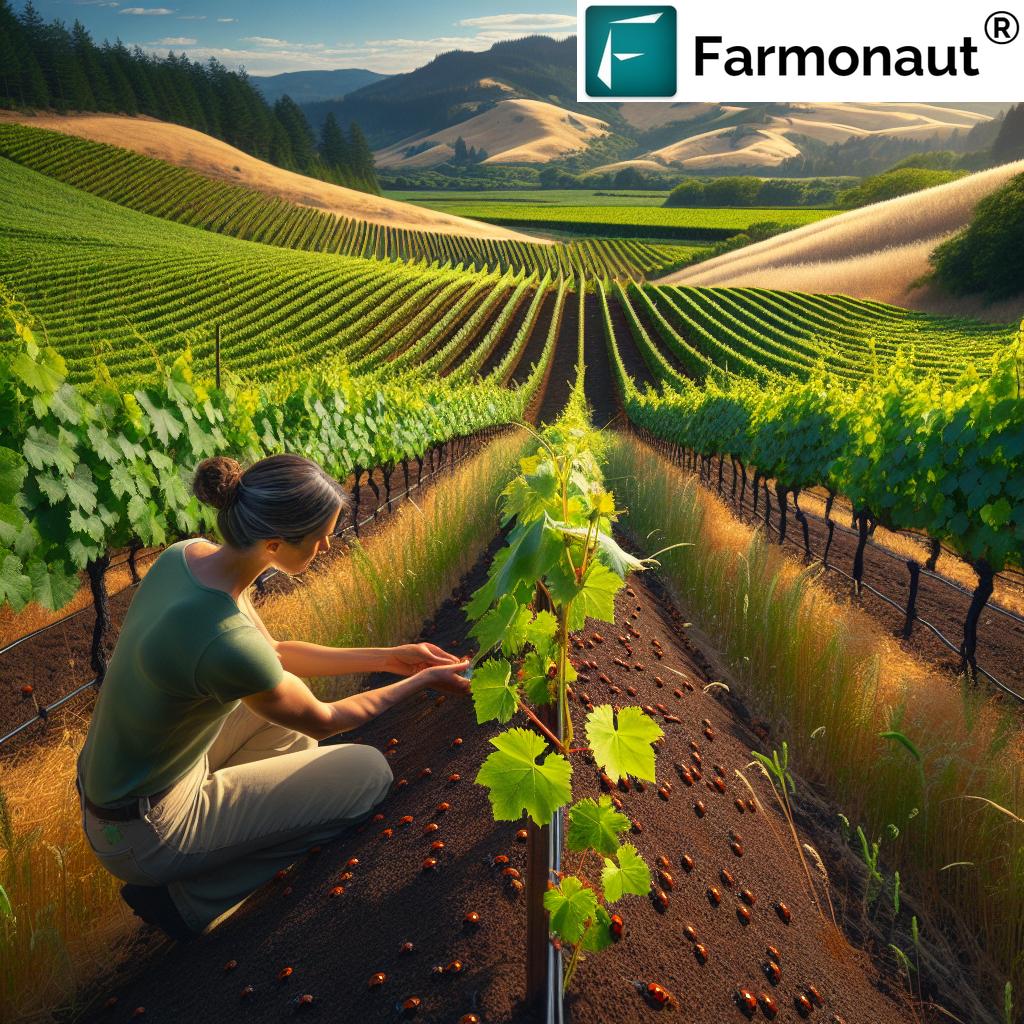
This early adoption of organic practices wasn’t without its challenges. Growing wine grapes without pesticides and synthetic fertilizers required ingenuity and hard work. As Ponzi explains, “Our first vineyard was 11 acres. You can farm 11 acres organically pretty easily with two people and a couple of kids out there hoeing. And that was basically what we did, and you had to devise ways to make that work.”
The Return to Organic Roots
Fast forward to today, and we’re witnessing a full-circle moment in Oregon’s wine industry. The next generation of winemakers is rediscovering the value of organic production, driven by a deep respect for the land and a desire to produce wines that truly reflect their terroir.
“Now, with the next generations that are coming in, we’re coming back to organic production,” Ponzi observes. “We’re coming back to this importance of looking at soil, looking at what we’re doing, the inputs that we’re making and how we’re affecting our environment.”
This renewed focus on organic vineyard management isn’t just about nostalgia; it’s a response to growing consumer demand for sustainable, environmentally conscious products and a recognition of the superior quality that organic methods can produce.
The Philosophy Behind Organic Viticulture
At its core, organic wine production is as much a philosophy as it is a set of practices. Jason Lett of Eyrie Vineyards, whose father David Lett was among the founding members of the Oregon wine industry, emphasizes this point:
“It’s a grounding point,” Lett explains. “It’s a starting point. I don’t think anybody ever stops there. I think organic farming tends to bring in lot of other goals. So, maybe you’re an organic farmer, but you’re also interested in no-till, or integrating animals into the system or cover crops or carbon capture.”
This holistic approach to vineyard management encourages growers to view their land as a complex ecosystem rather than just a substrate for grape production. By working in harmony with nature, organic winegrowers often discover that the sum of their efforts is greater than its parts.
The Challenges and Rewards of Organic Wine Production
“Organic wineries in Oregon have reduced synthetic pesticide use by 90%, leading to a 30% increase in beneficial insects.”
Transitioning to organic winemaking is not without its hurdles. Growers must contend with potential yield reductions, increased labor costs, and the ever-present threat of pests and diseases without the safety net of synthetic chemicals. However, the rewards of this approach are manifold and far-reaching.
| Organic Viticulture Practice | Challenges | Benefits |
|---|---|---|
| Soil Management |
– Increased labor for manual weed control – Initial yield reduction during transition |
– Improved soil health and microbial activity – Enhanced wine terroir – Increased soil water retention (up to 20%) |
| Pest Control |
– Higher risk of crop loss to pests – More frequent monitoring required |
– 90% reduction in synthetic pesticide use – 30% increase in beneficial insects – Improved worker safety |
| Water Conservation |
– Initial investment in efficient irrigation systems – More precise water management needed |
– Up to 30% reduction in water usage – Improved grape quality due to controlled water stress |
| Biodiversity Enhancement |
– Complexity in managing diverse ecosystems – Potential for competing vegetation |
– Increased natural pest control – Improved pollination (up to 25% increase) – Enhanced overall vineyard resilience |
One of the most significant benefits of organic viticulture is the positive impact on soil health. By eliminating synthetic inputs and focusing on natural soil-building practices, organic growers create a vibrant, living soil ecosystem that supports healthier vines and produces grapes with more complex flavors.
Drew Herman, director of viticulture for Alexana Winery in Newberg, notes that even small changes can yield significant results: “If it was my advice, dive all in completely and you’ll be more successful, but even small changes will have big results.”
The environmental benefits of organic wine production extend beyond the vineyard. By reducing reliance on synthetic pesticides and fertilizers, organic winegrowers help protect local ecosystems, preserve biodiversity, and minimize their carbon footprint. This aligns perfectly with Oregon’s reputation for environmental stewardship and adds another layer of appeal to the state’s wines.
The Role of Terroir in Organic Wine
One of the most exciting aspects of organic wine production is its potential to enhance wine terroir. Terroir, the unique combination of soil, climate, and cultivation practices that give a wine its distinctive character, is a concept deeply valued in the wine world. Organic farming methods, with their emphasis on soil health and natural processes, can amplify the expression of terroir in wines.
Jason Lett explains, “So really organic farming is a framework of wonder. It allows you to look at your site as a system rather than a substrate. It’s not something that you just get out what you put in. Often the sum is greater than the parts, because when you’re treating the soil as a system, you get the chance to understand it more holistically and often be very pleasantly surprised by what nature provides as an answer to the question you asked.”
This enhanced expression of terroir can result in wines that are more complex, nuanced, and true to their place of origin. For Oregon wineries, many of which are situated in unique microclimates with distinct soil compositions, organic methods offer an opportunity to produce wines that are truly one-of-a-kind.
Community and Knowledge Sharing in Organic Viticulture
One of the most powerful drivers of Oregon’s organic wine revolution is the spirit of community and collaboration among winegrowers. Organizations like the Organic Winegrowers Network, which produced the first-ever Organically Grown Wine Conference in Newberg in March 2022, play a crucial role in fostering this sense of community.
Chris Schreiner, executive director of Oregon Tilth, emphasizes the importance of these networks: “It’s really about different communities leveraging their strengths and their skills in pursuit of common goals.”
This collaborative approach helps growers overcome obstacles, share best practices, and accelerate the learning curve associated with transitioning to organic winemaking. As Louisa Ponzi notes, “That moved our industry forward so far, so fast, just to be able to talk to other people about our problems and how to fix them and learn from everybody’s experiences.”
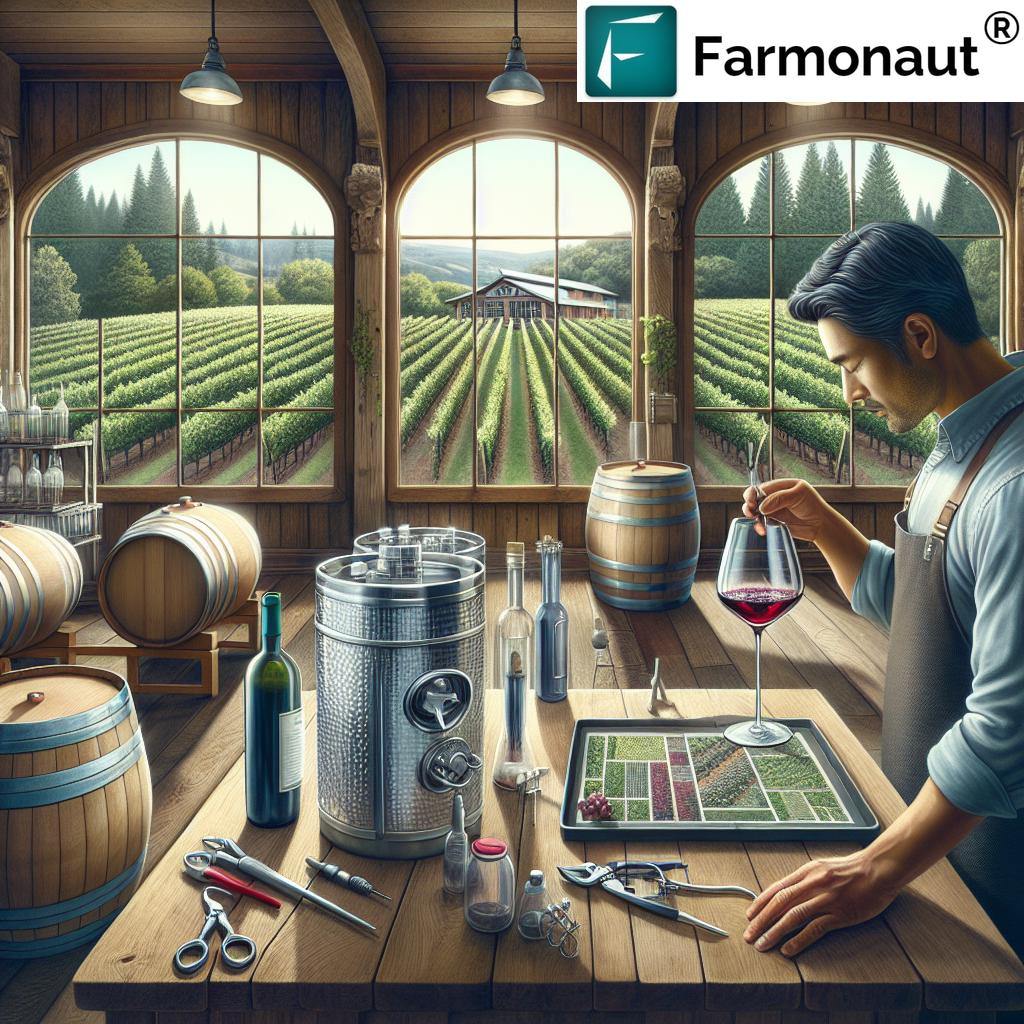
Resources for Organic Winegrowers
The growth of organic viticulture in Oregon has been supported by an increase in available resources and expertise. Schreiner points out that Oregon State University now has six organic extension agents, a dramatic change from 27 years ago when organic farming was often met with skepticism in academic circles.
“In 27 years time, that is revolutionary,” Schreiner says, “and it’s transformational in terms of what is possible about bringing the best science and research into the field to help producers overcome obstacles.”
These resources, combined with the wealth of knowledge shared within the organic winegrowing community, provide a strong foundation for growers looking to transition to organic methods or refine their existing practices.
The Future of Organic Wine in Oregon
As we look to the future, it’s clear that organic wine production will continue to play a significant role in shaping Oregon’s wine industry. The combination of consumer demand for sustainable products, the quality and distinctiveness of organic wines, and the environmental benefits of organic practices creates a powerful momentum for continued growth in this sector.
However, challenges remain. As Drew Herman notes, “I think there was a point in America where we decided that chemistry had the best solution and we lost our ancestral knowledge. And I think it’s time that we let go of our pride a little bit and just remember what everyone did before us.”
This return to traditional wisdom, combined with modern scientific understanding and innovative technologies, positions Oregon’s organic wine industry for a bright and sustainable future.
The Role of Technology in Organic Viticulture
While organic viticulture often emphasizes traditional methods, modern technology also plays a crucial role in supporting sustainable practices. For instance, carbon footprinting tools can help wineries monitor and reduce their environmental impact, aligning with organic principles while addressing broader sustainability goals.
Similarly, advanced farm management solutions like those offered by Farmonaut can provide valuable insights for organic growers. These tools use satellite imagery and AI to monitor crop health, soil moisture levels, and other critical metrics, helping farmers make informed decisions about irrigation, pest management, and resource allocation.
Organic Certification and Consumer Trust
As the organic wine sector grows, certification and traceability become increasingly important. Consumers want assurance that the wines they’re purchasing truly meet organic standards. This is where technologies like blockchain-based traceability systems can play a vital role, offering transparency from vine to bottle.
For wineries looking to implement such systems, product traceability solutions can provide the necessary infrastructure to track every stage of production and distribution, enhancing consumer trust and brand value.
Financial Considerations for Organic Winegrowers
Transitioning to organic methods often requires significant upfront investment, which can be a barrier for some growers. However, financial institutions are increasingly recognizing the value and stability of organic farming operations. Crop loan and insurance products tailored for organic farmers can help mitigate risks and provide the necessary capital for transition and growth.
Scaling Organic Practices
As organic wine production moves beyond small, family-run vineyards to larger operations, efficient management becomes crucial. Fleet management solutions can help larger vineyards optimize their operations, reducing costs and environmental impact while maintaining the principles of organic farming.
For those managing extensive organic vineyards, large-scale farm management tools can provide comprehensive oversight of multiple plots, ensuring consistent application of organic practices across vast areas.
Continuous Learning and Adaptation
The world of organic viticulture is constantly evolving, with new challenges and opportunities emerging regularly. Staying informed and adaptable is key to success. Resources like crop plantation and advisory services can provide organic winegrowers with up-to-date information and personalized guidance, helping them navigate the complexities of sustainable vineyard management.
Conclusion: A Sustainable Future for Oregon Wine
Oregon’s organic wine revolution is more than just a trend; it’s a fundamental shift in how we approach viticulture and winemaking. By embracing organic methods, winegrowers are not only producing exceptional wines but also preserving the land for future generations and contributing to a more sustainable agricultural model.
As we’ve explored, the journey to organic wine production comes with its challenges, but the rewards – for growers, consumers, and the environment – are substantial. The combination of traditional wisdom, modern science, and innovative technologies is creating a new paradigm in wine production that honors the past while looking confidently to the future.
Oregon’s wine industry, with its spirit of innovation and commitment to quality, is uniquely positioned to lead this organic revolution. As more vineyards transition to organic practices and consumers become increasingly aware of the benefits of organic wines, we can expect to see continued growth and evolution in this sector.
The future of Oregon wine is not just organic; it’s vibrant, diverse, and deeply connected to the land from which it springs. As we raise a glass of Oregon’s finest organic wine, we’re not just tasting the fruits of sustainable viticulture; we’re participating in a movement that’s reshaping the industry and setting new standards for quality, sustainability, and environmental stewardship.
FAQs About Oregon’s Organic Wine Industry
- What defines a wine as “organic” in Oregon?
Organic wines in Oregon must be made from grapes grown without synthetic fertilizers, pesticides, or herbicides. The winemaking process must also adhere to organic standards, avoiding synthetic additives. - How does organic wine differ in taste from conventional wine?
Organic wines often express a purer representation of terroir, with some enthusiasts claiming they offer more vibrant and complex flavors. However, taste differences can be subtle and vary depending on numerous factors. - Are all organic wines sulfite-free?
Not necessarily. While organic wines typically have lower sulfite levels, some sulfites may be naturally produced during fermentation. Wines labeled “No Sulfites Added” are available but are less common due to storage challenges. - How long does it take for a vineyard to transition to organic production?
The transition period typically takes three years. During this time, the vineyard must be managed organically, but the grapes cannot be certified as organic until the end of the transition period. - Does organic wine production result in lower yields?
Initially, yields may decrease during the transition to organic methods. However, as soil health improves and growers become more adept at organic practices, yields often stabilize and can even improve in the long term.
Explore Farmonaut’s Sustainable Agriculture Solutions
As we’ve seen throughout this exploration of Oregon’s organic wine industry, technology plays a crucial role in supporting sustainable agricultural practices. Farmonaut offers a range of innovative solutions that can benefit organic winegrowers and other sustainable farmers. Here’s how you can get started:
- Web App: Access Farmonaut’s powerful farm management tools directly from your browser.

- Mobile Apps: Take Farmonaut’s capabilities with you in the field.


- API Integration: For developers looking to incorporate Farmonaut’s data into their own systems.
API Access | API Developer Docs
Join the Farmonaut Community
Earn With Farmonaut: Affiliate Program
Earn 20% recurring commission with Farmonaut’s affiliate program by sharing your promo code and helping farmers save 10%. Onboard 10 Elite farmers monthly to earn a minimum of $148,000 annually—start now and grow your income!
Farmonaut Subscription Options
By leveraging these tools and joining the Farmonaut community, organic winegrowers and other sustainable farmers can access cutting-edge technology to support their efforts in creating a more sustainable and productive agricultural future.


